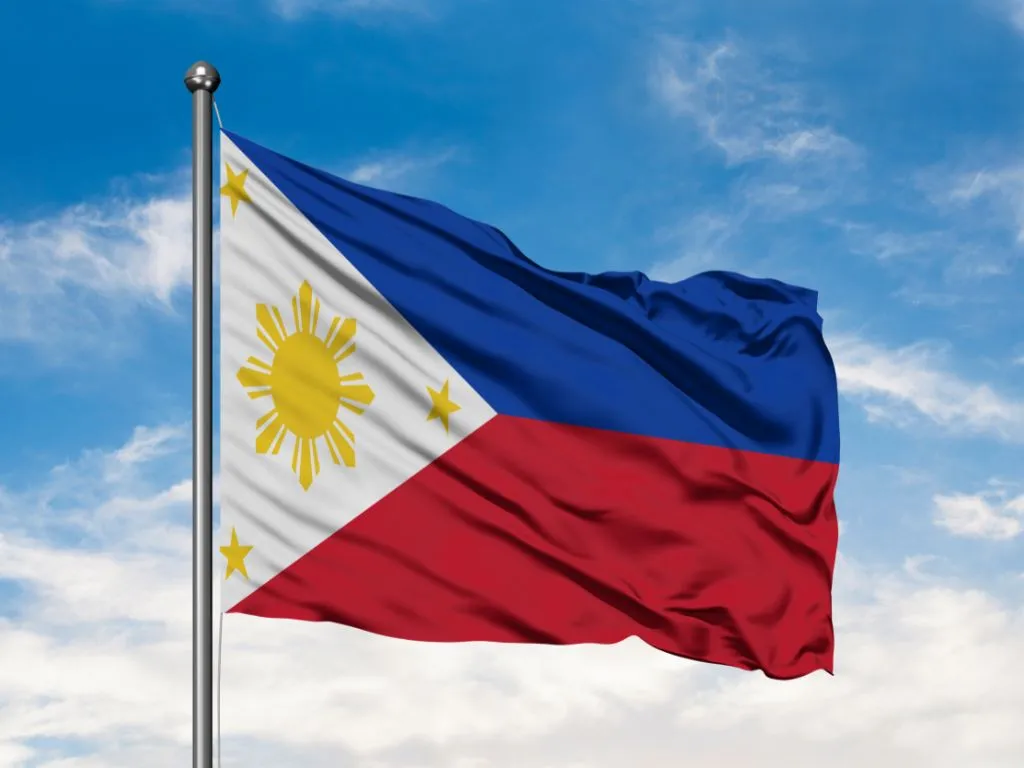News Details

Philippines Launches National Plastic Action Partnership to Tackle Plastic Pollution and Promote Circular Economy
In a significant move to address its growing plastic waste crisis, the Philippines has launched the National Plastic Action Partnership (NPAP) - a multi-sectoral initiative aimed at promoting a circular economy. Led by the Department of Environment and Natural Resources (DENR), NPAP brings together government agencies, private enterprises, and civil society to develop sustainable solutions. Backed by the United Kingdom, Canada, and the World Economic Forum, the partnership focuses on reducing marine plastic pollution and aligning with national policies. Hosted by the United Nations Development Programme (UNDP), NPAP will create a strategic roadmap, drive innovation, and ensure inclusivity, paving the way for sustainable development.
About NPAP Philippines
The National Plastic Action Partnership (NPAP) Philippines was established as a collaborative platform to address plastic pollution and move the country towards a circular economy. The NPAP aims to unite stakeholders across various sectors to foster innovation, implement practical solutions, and accelerate the Philippines’ transition to a circular economy. Through collaborative action, the initiative strives aims to significantly reduce plastic pollution and pave the way for inclusive and sustainable development nationwide.
NPAP to Develop National Roadmap with Inclusive Strategy
As part of its commitment to address plastic pollution, the NPAP will focus on conducting a comprehensive plastics baseline analysis and formulating a National Plastic Action Roadmap. This roadmap will serve as a foundation for evidence-based strategies aligned with the Philippines' national development priorities. Importantly, it will incorporate a gender and social inclusion framework to ensure that marginalized communities, including informal waste pickers, play an active role in the country’s transition to a circular economy.
Plastic Waste Crisis in the Philippines
Plastic pollution continues to pose a major environmental challenge for the Philippines, which produces an estimated 2.7 million metric tons of plastic waste each year. A considerable portion of this ends up in the ocean, placing the country among the world’s leading contributors to marine plastic pollution.
NPAP Drives Circular Economy Shift Through Multi-Sector Collaboration
The NPAP is spearheading efforts to move the Philippines away from the traditional “take-make-waste” economic model toward a circular economy that promotes resource efficiency, waste reduction, and material reuse. By promoting sustainable consumption and production, the initiative aims to cut emissions, foster innovation, generate green jobs, and promote social equity.
NPAP operates under the World Economic Forum’s Global Plastic Action Partnership (GPAP) and is backed by the governments of the United Kingdom and Canada and the Coca-Cola Foundation. The platform brings together stakeholders from government, private industry, civil society, academia, and development partners and aligns its goals with key national strategies such as the Philippine Development Plan, the Extended Producer Responsibility (EPR) Act, and the country’s climate commitments.
We acknowledge that the above information has been compiled from UNDP.

 Twitter
Twitter
